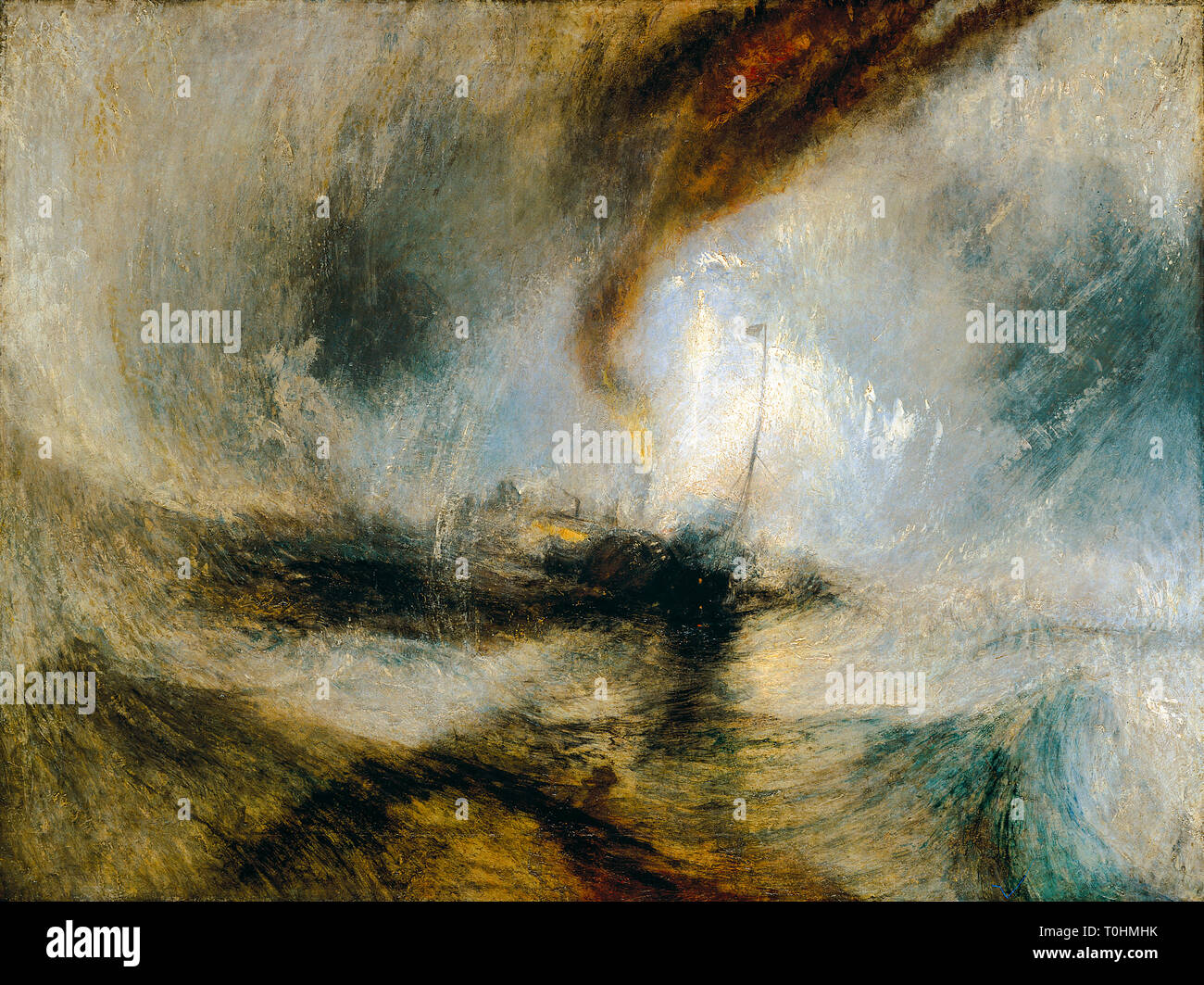
In light of the complexity of lived organisations (Strati 1999), as more than sites where divisions of labour are managed as efficiently as possible, this seminar reframes leadership as an aesthetic practice, shaped by appearances, affects, and performances. Leadership, as Plato reminds us, endures by projecting an image of beauty. Yet organisations may also harbour the sublime—emerging in fractures of dissonance, or in the unstable play of leading, being led, and observing. For Kant, the sublime is the experience of failed synthesis: a double affect where fear turns into both pleasurable shudder and rising self-assurance. Nietzsche saw it as the artistic taming of the terrible, while Battersby reapproaches the female sublime as the other within, one of several smothered others we must (re)learn to hear and see. Also transcending traditional aesthetics, Zylinska highlights the potential to experience the sublime in everyday events and encounters. According to Zylinska, this is a moment in which the subject opens to an incalculable difference that unsettles the subject’s stability and self-sufficiency, simultaneously making interpersonal encounters less hierarchical. Taken together, these perspectives open another way of approaching leadership, through shifts in judgement, perception, and (subject) role.
- Kursleiter/in: Ingrid Becker
